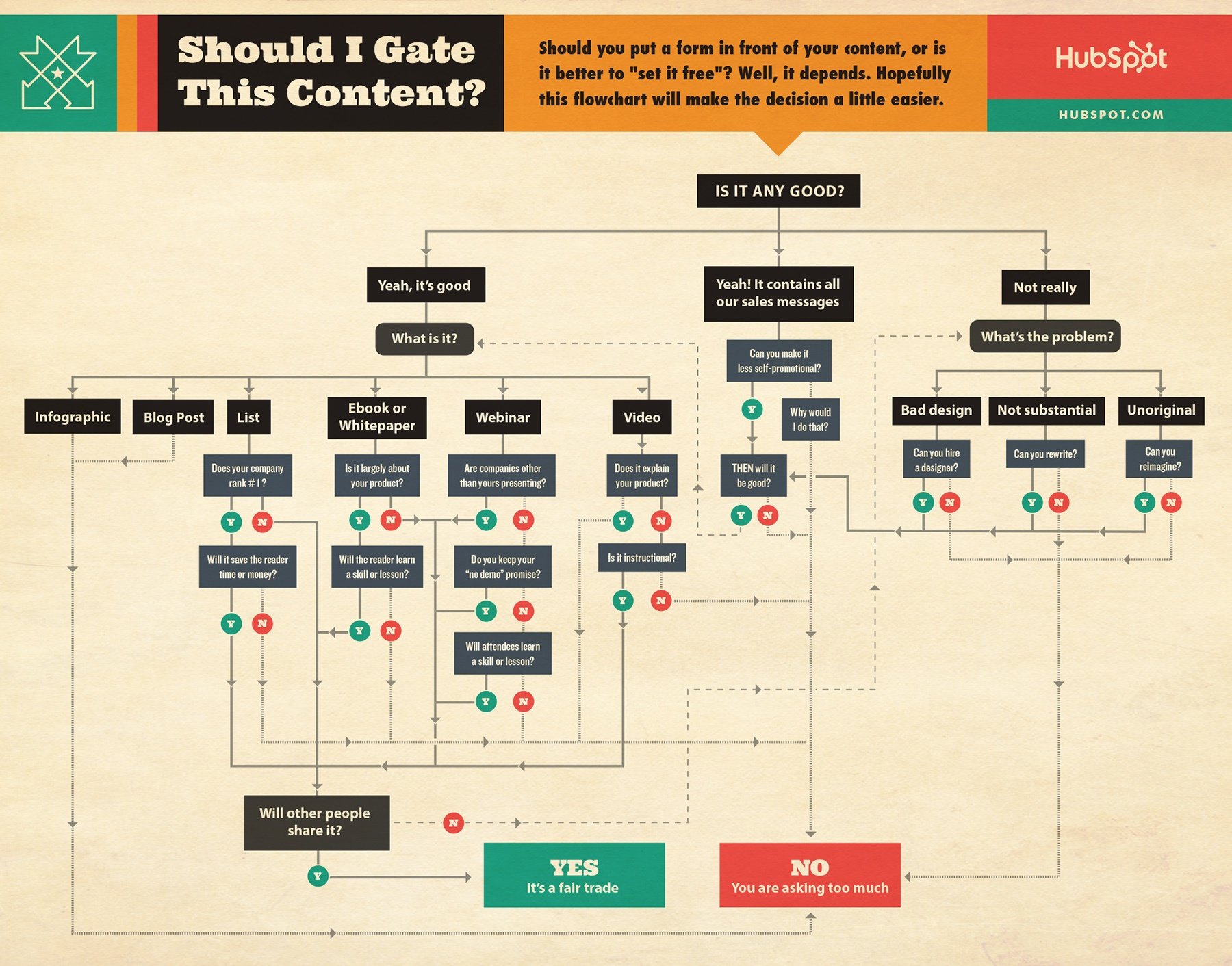Gated Content for Lead Generation
What is gated content, when to gate it and how to utilise it in lead generation campaigns.
Firstly, let’s deal with what gated content actually is. Gated content is simply a piece of content which requires the user to complete a form before they can access said content. The information gathered can then be used by sales teams as leads, and/or marketing teams to shape future marketing campaigns.
Now before you all rush off and put a form in front of your sales and marketing literature, videos, blogs, whitepapers, webinars and eBooks, there are a few things we need to consider.
Subscribe for marketing insights via email
IS YOUR CONTENT OF SUFFICIENT VALUE TO GATE?
Requiring a form to be completed to access any piece of content will have an effect on the number of views, no-one likes filling out forms (just ask my accountant). There should be an equitable relationship between the content provider and user, so both parties feel they have received similar value from the exchange. Content should be educational or problem-solving for the user, and this means having an offer that isn’t sales or product-focused, but solution-focused.
If the content is about your company or products, don’t gate it. If the content is of educational value or contains little known or hard to find information, it is fine to gate. Look at your relevant content as lead magnets when looking at sufficient content to gate.
ARE YOU LIMITING YOUR AUDIENCE BY GATING CONTENT?
Some forms of content can also be educational but left un-gated as to attract a wider audience at the top of the marketing funnel (this blog for instance!), top of the funnel content such as blogs, infographics and social media posts are useful tools to increase the visibility of your marketing output. Limiting the audience size here has a notably negative effect further down the funnel, as fewer people are introduced to your content.
It is also important for users to understand how your product or service offering can have a positive effect on their business/role and build trust with your brand, being seen as altruistic at this stage, may encourage users to exchange their information for more valuable content down the line.
WHAT INFORMATION SHOULD YOU ASK FOR ON YOUR FORM?
There is no right or wrong answer to this. Forms range from the relatively simple (name, company name, job title, email address, phone number) to more detailed, and the higher the value of the content you are offering (and the further down the buyers journey the user is), the more specific and personal information you can request. Always try to avoid asking questions regarding budget size and buying cycles (at least until the decision stage), this is a red flag for the user and comes across as very ‘salesy’.
Inbound marketing software such as HubSpot comes into its own when requesting information, as their marketing automation software builds a picture of each user based on the information they have submitted, so there is no need to re-qualify them with each individual form (and you can ask for new information each time).
EXPERIMENT!
When creating gated and non-gated content balance is key, both forms should work together to create a successful and effective marketing campaign. Experiment between gating and leaving open similar types of content and see which works for you. You may find you receive fewer leads by leaving content open, but grow your LinkedIn or Twitter audience significantly enough for this to be a reasonable trade-off.
By combining both gated and un-gated content, you can build an equitable, trustful relationship with your audience which delivers significant results.
DO YOU NEED TO UP YOUR LEAD GENERATION GAME?
Generating leads - both high in quantity and quality - is a marketer’s most important objective. A successful lead generation engine is what keeps the funnel full of sales prospects while you sleep. Surprisingly, only 1 in 10 marketers feel their lead generation campaigns are effective. Be in that 10% and start generating more leads now...



